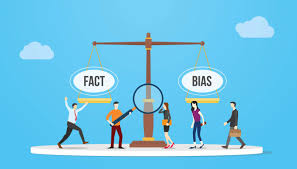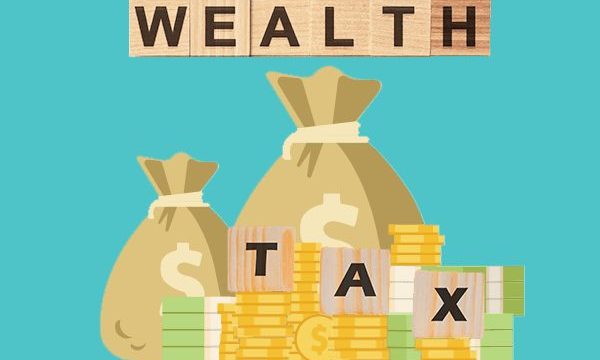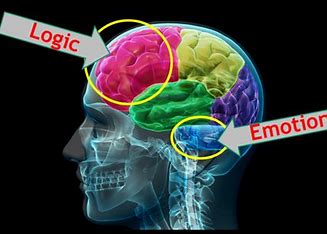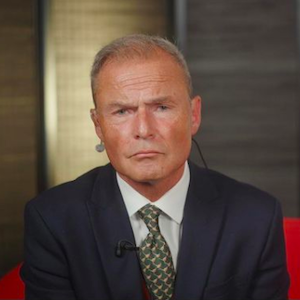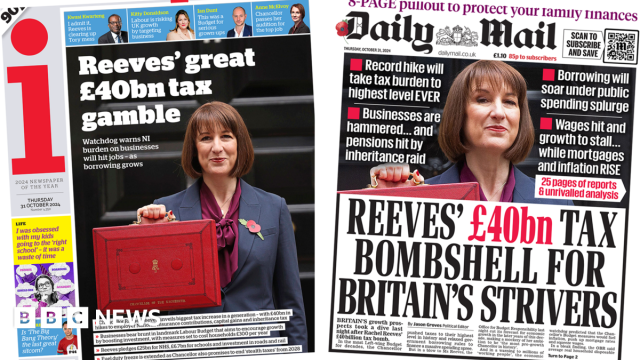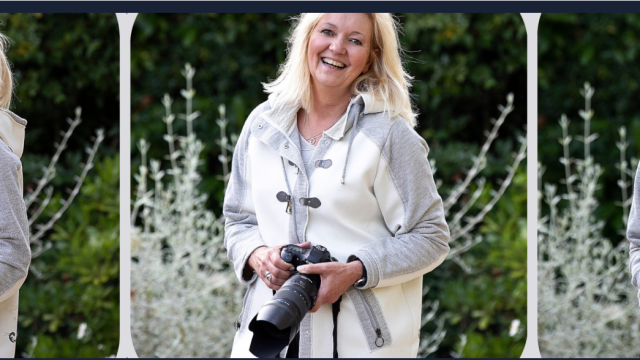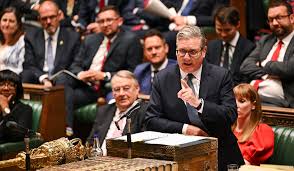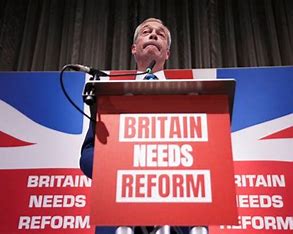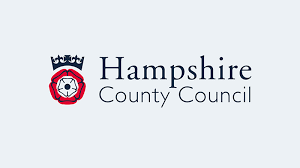💡 These listings are catalysts for action. Read, rate, and get involved — or post your own to start something.
This article argues that decades of top-down decisions in the UK have weakened citizen agency, and shows how Ideas-Shared enables individuals and groups to take collective action for measurable social, personal, and professional change.
This tutorial shows that success on Ideas-Shared comes from breaking ambitions into actionable tasks and iteratively executing them using the 7-Step Ambition OS, emphasizing persistence, focus, and collaboration.
This announcement invites individuals, teams, and organisations to join a global Ambition Economy where small actions and collaborations across all areas can create real-world impact and drive transformative change.
This opinion argues that pausing human bias enables ordinary people to collaborate, act in small but meaningful ways, and drive measurable social progress—principles embodied by platforms like Ideas-Shared that turn collective effort into tangible impact.
This tutorial explains how the creator economy and self-help movements have left most people on the sidelines, while Big Tech amplifies a few voices
This article explains how the global financial system favours a wealthy few, and how wealth taxes, debt relief, and public investment could create a fairer economy.
This tutorial explains how leading with logic, rather than reactive emotion, empowers people to act intentionally, resist manipulation, and achieve lasting personal and societal impact.
This problem listing explains how opaque, profit-driven algorithms control what we see, silence critical voices, and threaten human agency, democracy, and societal progress.
This ambition outlines practical steps to restore fairness, accountability, and opportunity across the UK, urging citizens to unite, act, and collectively rebuild governance, economy, and society.
This problem listing explains how AI responses can reflect programmer ideology, subtly shaping decisions and opinions, and calls for collaboration to ensure neutrality and accountability.
This idea urges people to stop being passive bystanders in life, step into action, and use Ideas-Shared’ Ambition OS to co-create personal, professional, and societal change.
This idea encourages citizens to move beyond frustration with politics by evaluating parties critically, defining their highest and best ideals, and collaboratively setting measurable deliverables for elected officials. By doing so, voters become active co-creators of societal outcomes, ensuring accountability, measurable progress, and meaningful change rather than relying on partisan loyalty or rhetoric.
This question asks citizens to consider what politicians and parties truly owe the people they serve, exploring how leaders should be held accountable for waste, mismanagement, or corruption. It challenges voters to define real-world measures of responsibility - financial, legal, or direct restitution - so that democracy delivers trust, fairness, and tangible consequences rather than empty promises.
The article argues that collaboration, when applied to self, people, organisations, and society, consistently delivers sustainable, trust-based results, outperforming competition while enabling collective problem-solving and long-term growth.
The discussion argues that fiat money itself works, but narratives of scarcity, debt, and interest are manipulated to enrich elites, and a fair fiscal economy could deliver prosperity for all.
The discussion questions whether removing England’s flags in Birmingham as “racist” undermines national pride, urging debate on defending cultural identity versus yielding to pressure from activist groups.
The article criticises UK councils for prioritising flag politics over essential public services, arguing that such misplaced focus undermines trust, accountability, and effective local governance.
The announcement promotes a video encouraging viewers to engage in improving England, the UK, and the world, highlighting sovereignty, accountability, and community impact.
This idea proposes building a dedicated 1,321 km bike road around Iceland’s Ring Road to attract cycling tourists, boost sustainable travel, create jobs, and strengthen the local economy.
This discussion challenges the claim that “Britain is broke,” arguing fiat currency means the UK can’t run out of money, and calls for debate on fairer, truth-based economic policies.
This ambition calls for citizens to unite and rebuild the UK by restoring fairness, accountability, and opportunity through collective action, practical steps, and measurable results beyond politics or ideology.




